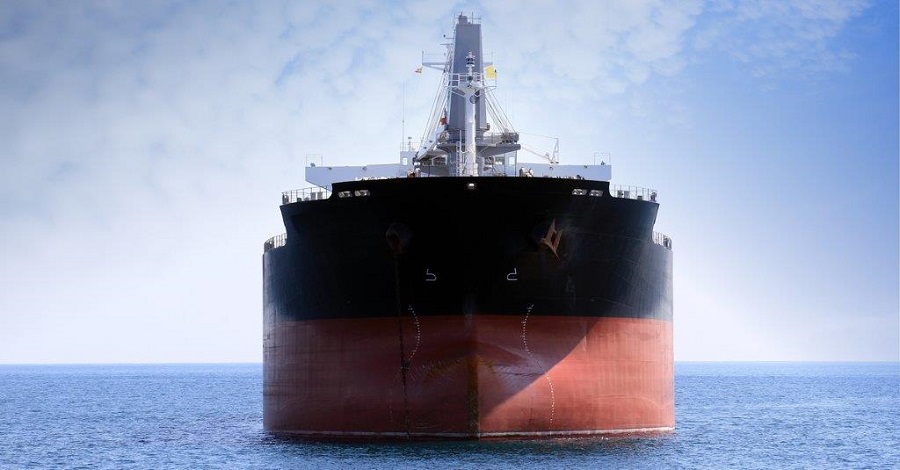Norway to open up for bareboat registration of vessels

Today, the Norwegian government proposed changes to the Maritime Act and the Act on the Norwegian International Ship Register to allow for temporary bareboat registration of vessels in and out of the Norwegian ship registries (NOR and NIS). The proposal (Prop. 32 L (2019-2020)) is now sent for approval with the Norwegian Parliament.
The background for the proposal is to increase the attractiveness of the Norwegian ship registries as well as the competitiveness, and to avoid permanent reflagging out of the Norwegian ship registries.
Bareboat registration in short
Many of the leading shipping registries allow for bareboat registration. When a vessel is bareboat registered, the ownership to – and mortgages over – the vessel will remain registered in the primary register, whereas the bareboat charterer will be registered in the bareboat register. Private law aspects such as priority, protection and enforcement relating to ownership and mortgages over the vessel will remain governed by the primary register, whereas public law aspects of the vessel, such as health, environment and safety requirements, crew and manning requirements, will be governed by the laws of the bareboat register. The bareboat registered vessel will sail under the flag of the bareboat register and will be under the jurisdiction of the bareboat register.
Outline of the proposal and requirements
The proposal implies that the bareboat charterer (in case of bareboat registration into Norway) or the owner (in case of bareboat registration out of Norway) may apply for temporary registration into and out of the Norwegian ship registries.
The key requirements for bareboat registration in and out of the Norwegian ship registries are as follows:
- There has to be a true bareboat charterparty where the charterer takes over full responsibility of operations of the vessel (including crewing and technical management)
- The owner and mortgagee(s) have to provide their prior written consent
- The primary register (in case of flagging into Norwegian ship register) and the bareboat register (in case of flagging out of the Norwegian ship register) have to be compatible in the sense that these registers have to recognise and allow for dual registration
The time period for bareboat registration will be limited to the period of the bareboat charterparty and can maximum be a period of up to 10 years (however it is possible to apply for extension). The possibility of dual registration applies also to drilling rigs and other movable floating assets. In case of bareboat registration into Norway, the bareboat charterer will have to satisfy the nationally requirements in the Maritime Act and the Act on the Norwegian Internal Ship Register (as relevant) section 1.
BAHRs view
The legislative proposal will give flexibility and increase the attractiveness of the Norwegian ship registries. The change may also increase the attractiveness of sale leaseback transactions for Norwegian shipowners. As with ordinary reflagging of vessels, shipowners and mortgagees will have to carry out risk and quality control assessments of the bareboat register jurisdiction prior to consenting to parallel registration.
To which extent the industry will use the possibility of parallel registration into and out of the Norwegian ship registries remains to be seen, but BAHR welcomes the change.
Do not hesitate to contact any of BAHR’s shipping team members for further information about the proposal.
